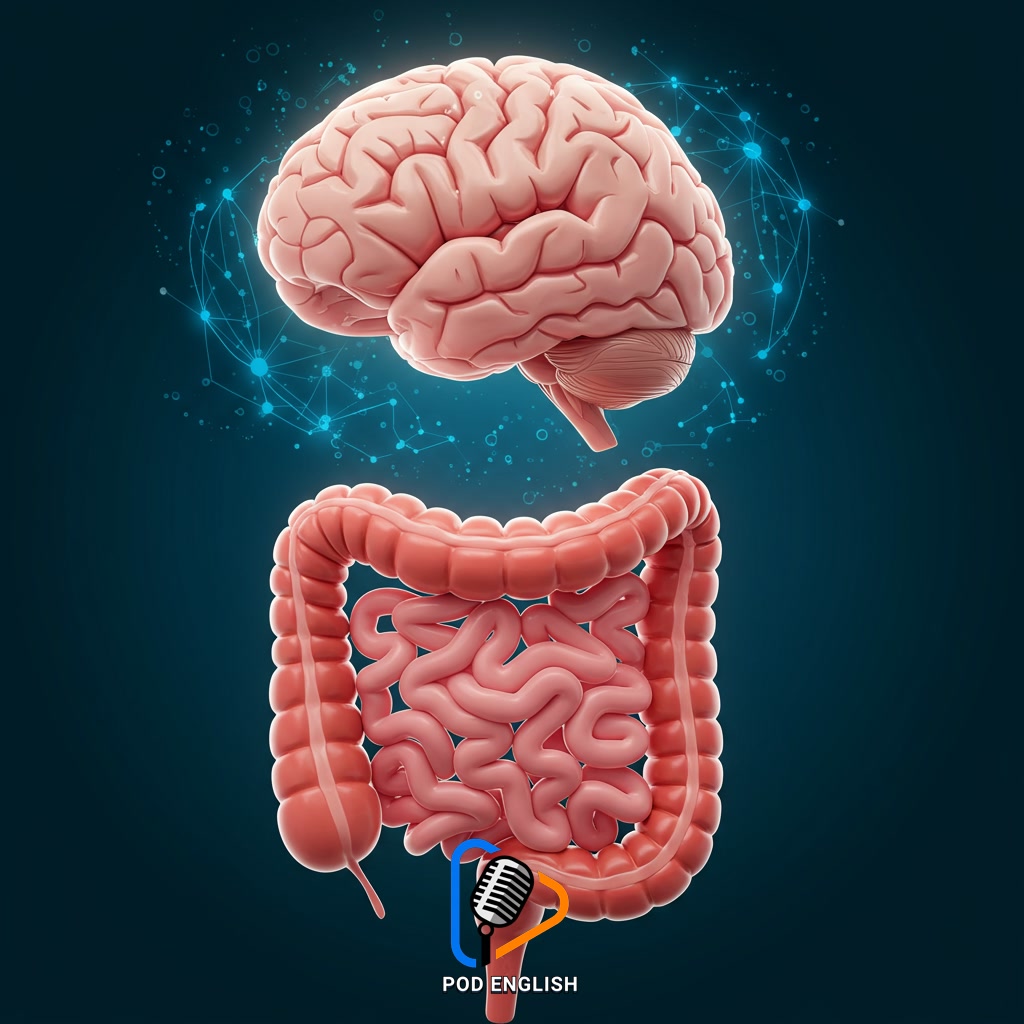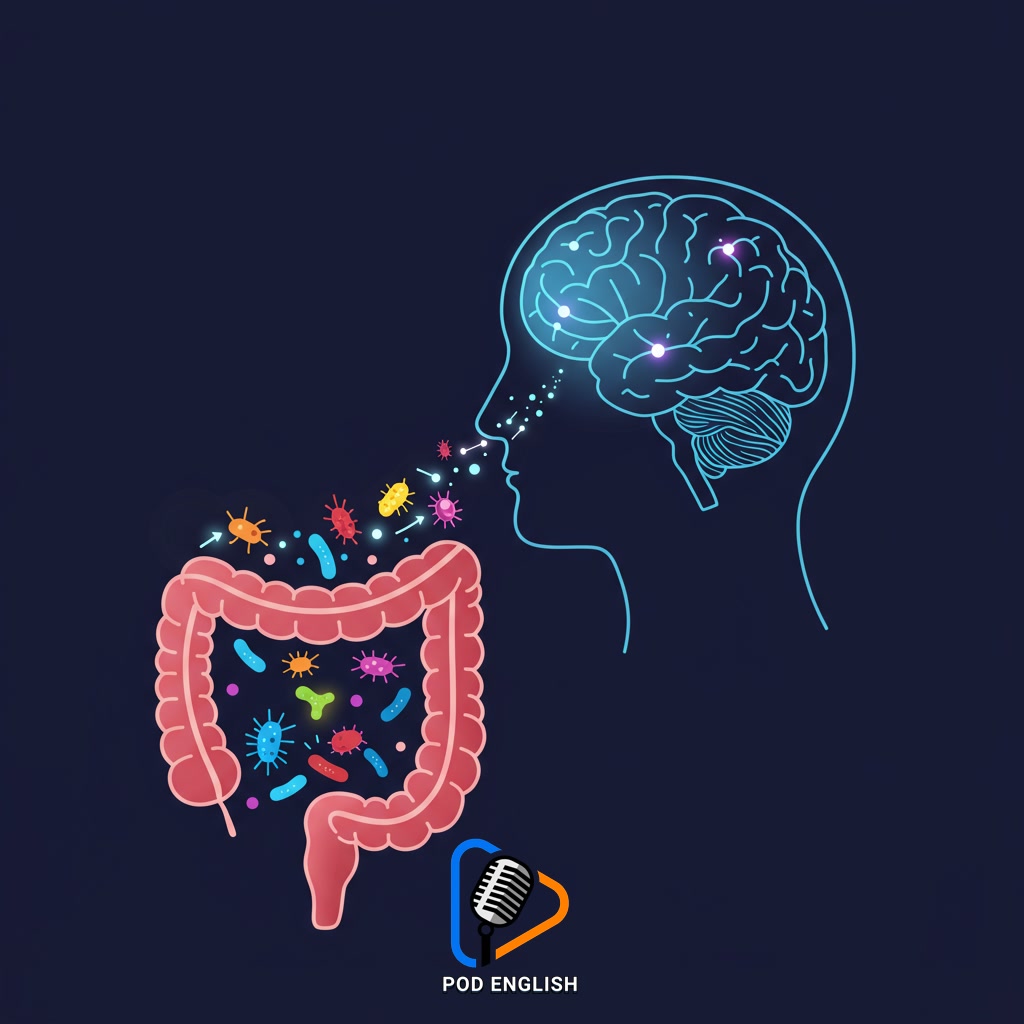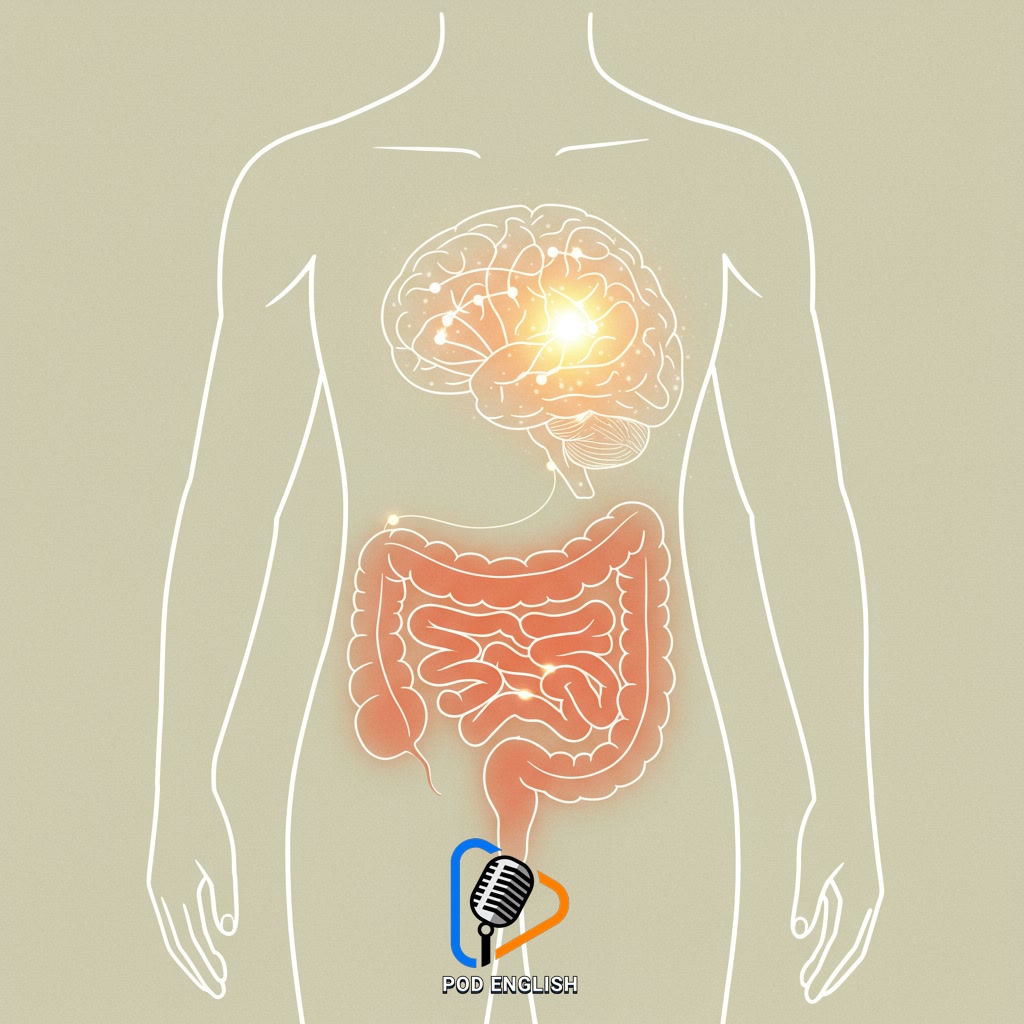Learn English
Supercharge Your Memory and Brain with Probiotics for English Learning

This content explores the fascinating connection between gut health and cognitive function, focusing on how probiotics may enhance memory and overall brain performance. It delves into research suggesting that a healthy gut microbiome can support learning processes. Specifically, the material highlights the potential benefits of incorporating probiotics to boost the memory and focus required for effective English language acquisition. The aim is to demonstrate how optimizing gut health could serve as a valuable strategy for individuals dedicated to mastering English.
Table of Contents
- Section 1: The Gut-Brain Connection: Why It Matters for Learning
- Section 2: How Probiotics Influence Brain Function and Memory
- Section 3: Specific Cognitive Benefits for English Learning: Focus and Retention
- Section 4: Incorporating Probiotics: Sources and Practical Tips
- Section 5: Beyond Probiotics: Combining Gut Health with Effective Study Habits
Section 1: The Gut-Brain Connection: Why It Matters for Learning
The gut-brain connection is a fascinating two-way communication system linking your digestive system and your brain. They are constantly “talking” through nerves like the vagus nerve, and also via hormones and chemical messengers produced by gut microbes. This connection is incredibly important for overall health, and crucially, for cognitive functions like memory, focus, and even mood – all vital for effective learning. When your gut is healthy, it can positively influence brain performance. Understanding this link shows why maintaining a healthy gut environment isn’t just about physical comfort; it’s also a strategy to potentially enhance the mental clarity and memory recall needed when mastering a new language like English.

The Gut-Brain Connection: Why It Matters for Learning
Section 2: How Probiotics Influence Brain Function and Memory
Building on the concept of the gut-brain axis, probiotics, which are beneficial microorganisms, exert their influence on brain function and memory through several key mechanisms. They contribute to the production of crucial neurotransmitters like serotonin, which impacts mood and cognitive processes. Furthermore, probiotics help maintain a healthy gut barrier, preventing harmful substances from entering the bloodstream and affecting the brain. They also play a role in reducing systemic inflammation, a factor increasingly linked to cognitive decline. By fostering a balanced gut microbiome, probiotics support this vital communication pathway, potentially leading to improvements in memory recall, focus, and overall cognitive performance, which are highly beneficial for tasks like learning English.

How Probiotics Influence Brain Function and Memory
Section 3: Specific Cognitive Benefits for English Learning: Focus and Retention
Building on the concept of the gut-brain axis, probiotics, which are beneficial microorganisms, exert their influence on brain function and memory through several key mechanisms. They contribute to the production of neurotransmitters like serotonin, which impacts mood and cognitive clarity. Furthermore, a healthy gut microbiome helps reduce systemic inflammation, a factor known to impair cognitive performance. For English learners, these effects translate into tangible benefits: improved focus during study sessions allows for better absorption of new material, while enhanced memory retention makes recalling vocabulary, grammar rules, and conversational phrases more efficient and reliable. Optimizing gut health through probiotics can therefore serve as a supportive strategy, making the challenging process of acquiring a new language smoother and more effective by boosting the brain’s capacity to concentrate and remember.

Specific Cognitive Benefits for English Learning: Focus and Retention
Section 4: Incorporating Probiotics: Sources and Practical Tips
Following the discussion on how probiotics benefit the brain, integrating them into your daily routine is straightforward. Excellent sources of probiotics include fermented foods like yogurt with live active cultures, kefir, sauerkraut, kimchi, miso, and tempeh. When choosing products, look for labels indicating “live and active cultures.” For practical tips, start by adding a small serving of one or two probiotic-rich foods to your meals daily. You can have yogurt with breakfast, add sauerkraut to a sandwich, or use kimchi as a side dish. Consistency is key. If dietary restrictions or preferences make fermented foods difficult, high-quality probiotic supplements are another option, though foods are generally preferred for their diverse benefits. Making these simple additions can support your gut health, potentially aiding the memory and focus needed for your English studies.

Incorporating Probiotics: Sources and Practical Tips
Section 5: Beyond Probiotics: Combining Gut Health with Effective Study Habits
While incorporating probiotics is a great step for supporting brain function, it’s essential to understand they are not a standalone solution for mastering English. Their benefits are maximized when combined with consistent and effective study habits. Think of gut health as optimizing your brain’s hardware; you still need good software – your study techniques – to achieve results. This involves regular practice sessions, active learning methods like spaced repetition or using flashcards for new vocabulary, and immersing yourself in English content. By pairing a healthy gut microbiome, potentially improving focus and memory, with disciplined study routines, you create a powerful synergy that significantly boosts your ability to absorb, retain, and use the English language more effectively.

Beyond Probiotics: Combining Gut Health with Effective Study Habits













